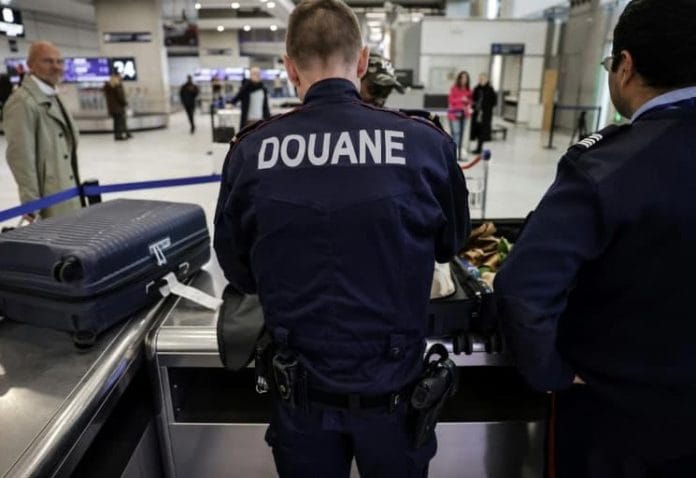A French senator caught smuggling 22 kilos of tobacco in her suitcase should be a wake-up call for Brussels. But so far, the European Union seems more committed to repeating its mistakes than learning from them.
Earlier this month, customs agents at Roissy airport stopped Senator Annick Pétrus of Saint-Martin with 110 cartons of undeclared cigarettes. She paid a small fine and admitted to transporting the tobacco “for an acquaintance,” calling it a lapse in judgment. But this isn’t just a political scandal. It’s a symptom of a much deeper policy failure.
Pétrus’s home territory, Saint-Martin, is a hotspot for the illegal tobacco trade. High demand, easy smuggling routes, and staggering price differences between regions make the black market flourish. That’s the context most EU policymakers continue to ignore as they develop tobacco policies.
Brussels is now preparing to raise tobacco taxes across the bloc and impose a more unified tax structure. That’s the perfect recipe for expanding the black market. The EU says it wants to fight illicit trade, but this policy will do the opposite.
The logic is simple. When legal cigarettes become too expensive, people don’t stop smoking. They just stop buying from legal vendors. Higher taxes widen the gap between official prices and street prices. That gap is exactly what smugglers depend on.
This is not a fringe issue. Illicit tobacco already accounts for at least one in 15 cigarettes in Europe. Authorities seize hundreds of millions of illegal cigarettes per year. The result is billions of euros in lost revenue and the rise of an unregulated market which undermines both public health goals and the rule of law.
The EU’s policy approach assumes regulation alone can control consumption. But when regulation doesn’t reflect local realities, it fails. Worse; it backfires. In overseas territories like Saint-Martin, smuggling is often informal, community-based, and socially accepted. Pétrus said she thought she was doing someone a favour. That kind of normalization should concern EU lawmakers far more than tax compliance on paper.
Instead of looking at the data and listening to people on the ground, the EU is pushing a one-size-fits-all solution. It’s trying to legislate its way out of a demand problem. But no amount of regulation will erase the basic economics: when there’s demand and a cheaper, easier supply, people will take it, especially if law enforcement is weak or inconsistent.
This is why the senator’s case matters. It isn’t about one politician’s bad choice. It’s about a system which sets up incentives for smuggling and then acts surprised when people – ordinary citizens, and even lawmakers – respond accordingly.
If the EU is serious about reducing smoking and fighting illicit trade, it needs to make some hard choices, starting with abandoning the illusion that tax hikes will magically solve the problem. Real solutions involve local engagement, tailored enforcement strategies, cross-border cooperation, and investment in education. It also means acknowledging that different regions need different approaches.
Raising taxes uniformly across Europe, including in areas where tobacco smuggling is rampant, will not reduce smoking. It will drive more people toward unregulated and untaxed alternatives, many of which are more dangerous. The black market doesn’t ask for ID. It doesn’t follow age limits or health regulations. It just profits, and funnels that money into the criminal underworld.
The senator’s story should have sparked a real debate. Instead, Brussels is moving full speed ahead with policies which ignore economic reality and everyday behavior. Europe’s war on tobacco might look good in official reports. But on the streets, in airports, and across its far-flung territories, it is losing ground to a trade it refuses to understand.




